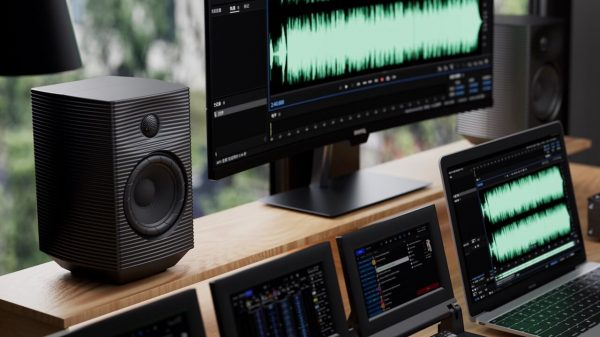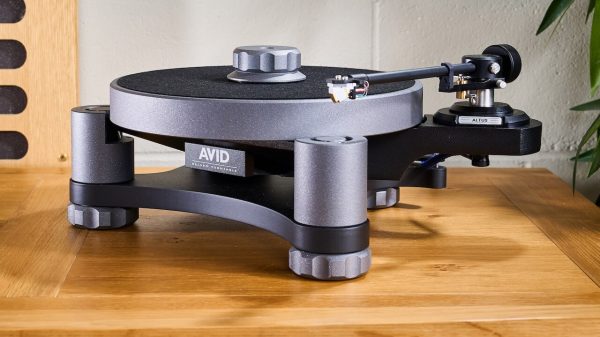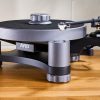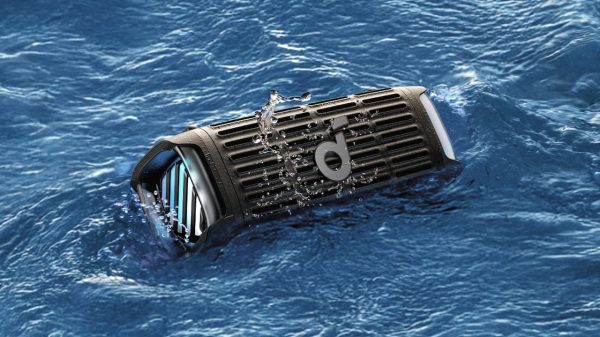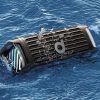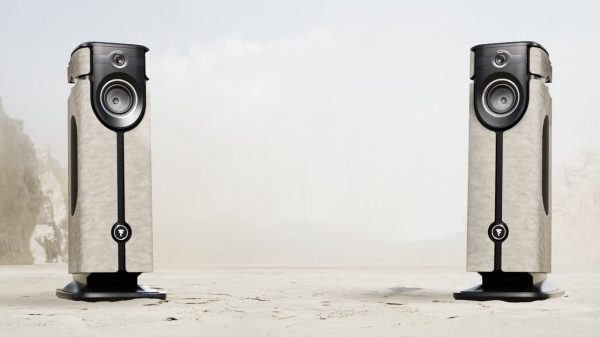There has certainly been an evolution in every field which has become automated. Take ships, for example. Originally getting a vessel from here to there required the complex operation of sails, a very clever navigator, and considerable ability and experience on the part of the crew to deal with unexpected foul weather as it could never be predicted. Steam power replaced sails making movement more automatic, but also required a whole other skillset in keeping engines running. Additionally, navigation was still a high art, and before the days of radar storms could still hit unexpectedly. Today, a ship can practically be taken across an entire ocean, guided and steered by sophisticated electronics, completely avoiding storms the whole way. Now that is automatic!
Moving over into the field of computers, there has been a similar evolution. From giant machines the size of buildings, filled with vacuum tubes and only able to be operated by geniuses, we now have evolved to something that can be held in the palm of your hand, operated by a child and with more computing power than those behemoths of old.
There has been a comparable path with computer tasks such as defragmentation. Originally a disk could only be defragmented by backing up the entire contents of the drive, wiping the drive clean, and then restoring the data from backup; the restored data would be defragmented and performance would be greatly improved. Then a clever individual invented a defragmentation utility which replaced the backup-and-restore method–although like its predecessor the utility had to be manually operated and run when users were not on the system. Another breakthrough occurred when scheduled defragmentation was developed; defragmentation could then be scheduled to run unattended by a human, and everyone could finally go home.
But scheduling has kept defragmentation in the steamship era while computing has moved forward into total automation. The world wide web has connected the entire planet; many servers must now operate 24X7 and there is little to no time to schedule defragmentation. Due to a shortage of skilled personnel, IT time now comes at a premium and many hours must be eaten up scheduling defragmentation, when and where it can be scheduled. And because of the incredible growth in size of disks and files, fragmentation continues to build–and greatly drain performance–in between scheduled runs.
Today’s computing environment requires a completely automatic defragmentation solution, one that requires no scheduling and which will defragment whenever otherwise-idle resources are available. Performance is invisibly maintained at maximum at all times.
A ship can sail automatically across the sea, and finally a computer can have its performance automatically maintained.

